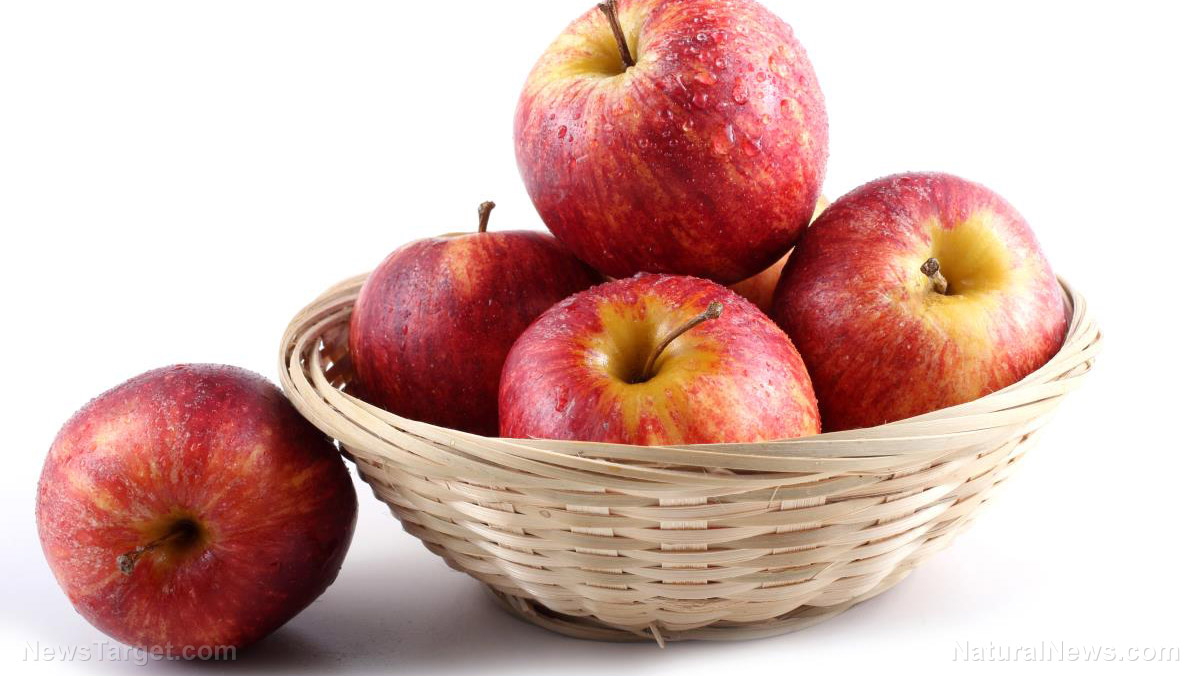Korean ginseng prevents oxidative stress caused by work
11/07/2018 / By Michelle Simmons

People who are stressed may find relief from taking Korean ginseng. A study published in the Journal of Medicinal Food has revealed that the Korean ginseng called GINST15 can help reduce stress, mentally and physically. In the study, researchers from The Ohio State University in the U.S. found that Korean ginseng prevents damage caused by intense work stress due to its antioxidants.
For the study, the researchers aimed to determine the effects of GINST15 supplement on hormonal and inflammatory responses to physical stress in humans. They recruited 10 women and nine men to participate in the study. The participants were tasked to complete three two-week treatment cycles with 960 milligrams (mg) of the Korean ginseng supplement, 160 mg of the Korean ginseng supplement, or a placebo, separated by a one-week washout period.
After the treatment, the participants underwent an intense resistance exercise to induce physical stress. The participants also provided blood samples at rest and at various points after the exercise, particularly immediately, 30 minutes, 60 minutes, and 24 hours after exercise.
Then, the researchers measured the levels of cortisol, superoxide dismutase, total glutathione, nonspecific antioxidant activity, total antioxidant power, and creatine kinase.
The results showed that the supplementation of Korean ginseng reduced cortisol and increased enzymatic and nonspecific antioxidant activity. In addition, the high dose of the Korean ginseng supplement (960 mg) greatly reduced muscle damage and hypothalamic pituitary adrenal (HPA) responses to physical stress 24 hours after the intense exercise.
Based on the findings of the study, the researchers concluded that taking Korean ginseng supplements can help ward off mental and physical stress by reducing cortisol levels and muscle damage.
Ginseng and its other benefits
There are many types of ginseng, but the most common ones are American ginseng (Panax quinquefolius) and Asian ginseng (Panax ginseng).
The type of ginseng used in the study was the Asian ginseng, which is also referred to as Korean ginseng or Chinese ginseng.
Ginseng is a slow-growing, short plant with fleshy roots. This herb can be classified in three ways, depending on how long it is grown. Ginseng is classified as fresh ginseng if it is harvested before four years. Ginseng that is harvested between four to six years is classified as white ginseng, while red ginseng is harvested after six or more years. For centuries, this herb has been used in traditional Asian medicine. The older the root, the better it is for enhancing health. Here are some of the health benefits that Korean ginseng can offer.
- Korean ginseng is an energizer, normalizer, and stress reducer: Korean ginseng has been used to revitalize, normalize, and reduce stress. Traditionally, it has been used to fight fatigue and stress. In addition, it has been used as a general tonic to boost both the mental and physical well-being of a person. As an adaptogen, this herb can increase resistance to stress, be it mentally or physically. It is also believed to prevent senility and keep the body active well in older people. It sharpens memory and improves concentration. (Related: Boost your energy naturally with these ‘super’ herbs.)
- Korean ginseng is good for the respiratory system: This herb is said to relax the lungs and prevents constriction of the airways. It has been used as a natural remedy for asthma and other types of lung complications.
- Korean ginseng boosts male fertility: It has been used to boost fertility in men and increase sperm count for many years. This herb does these by activating specific hormones in the body.
- Korean ginseng prevents diseases: Korean ginseng boosts the immune system, preventing diseases caused by viruses and bacteria. It also helps prevent cancer and arthritis and lower high blood sugar.
Read more news stories and studies on the health benefits of ginseng by going to AlternativeMedicine.news.
Sources include:
Tagged Under: alternative medicine, ginseng, GINST15 Korean ginseng supplement, herbal medicine, Herbs, Korean ginseng, muscle damage, natural cures, natural healing, natural medicine, natural remedies, physical stress, stress, supplements



















